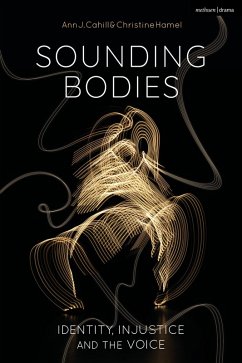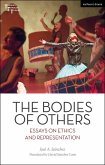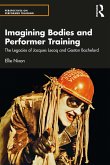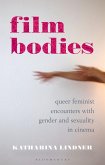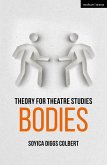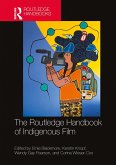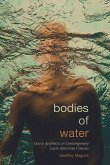"In compelling and intricately argued ways, the authors make a resounding case for understanding how vocal sonority is intrinsic to self-identity and self-reception ... Required Reading." - Jane Boston, Principal Lecturer, Voice Studies, Royal Central School of Speech and Drama
A new, provocative study of the ethical, political, and social meanings of the everyday voice.
Utilising the framework of feminist philosophy, authors Ann J. Cahill and Christine Hamel approach the phenomenon of voice as a lived, sonorous and embodied experience marked by the social structures that surround it, including systemic forms of injustice such as ableism, sexism, racism, and classism.
By developing novel theoretical constructs such as "intervocality" and "respiratory responsibility," Cahill and Hamel cut through the static between theory and praxis and put forward exciting theories on how human vocal sound can perpetuate -- and challenge -- persistent inequalities.
Sounding Bodies presents a powerful model of how the seemingly disparate disciplines of philosophy and voice/speech training can, in conversation with each other, generate illuminating insights about our vocal lives and identities.
A new, provocative study of the ethical, political, and social meanings of the everyday voice.
Utilising the framework of feminist philosophy, authors Ann J. Cahill and Christine Hamel approach the phenomenon of voice as a lived, sonorous and embodied experience marked by the social structures that surround it, including systemic forms of injustice such as ableism, sexism, racism, and classism.
By developing novel theoretical constructs such as "intervocality" and "respiratory responsibility," Cahill and Hamel cut through the static between theory and praxis and put forward exciting theories on how human vocal sound can perpetuate -- and challenge -- persistent inequalities.
Sounding Bodies presents a powerful model of how the seemingly disparate disciplines of philosophy and voice/speech training can, in conversation with each other, generate illuminating insights about our vocal lives and identities.

